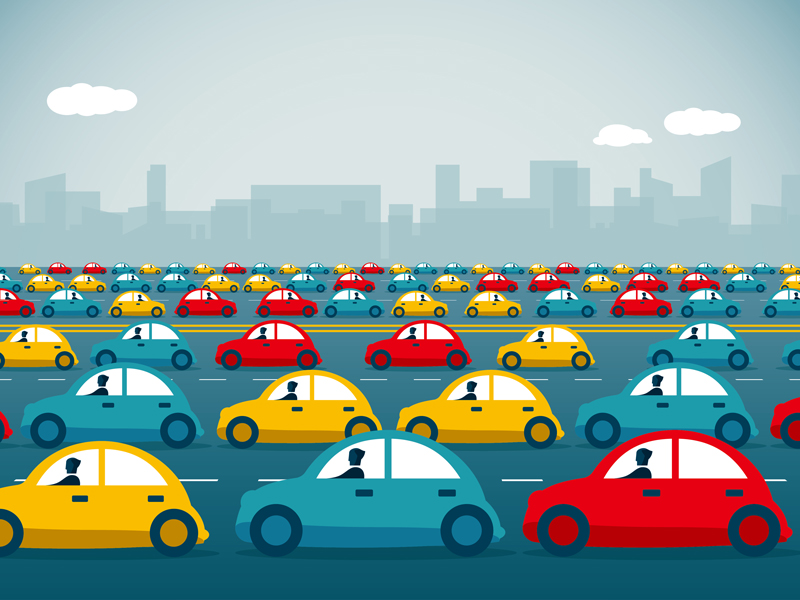Google to deliver air pollution detection tool to European cities
With leaders and environmental organisations striving to reduce air pollution in urban areas, Google has launched a new tool to measure and minimise carbon emissions in Europe

Google intends to roll out the Environmental Insights Explorer to more cities around the world in the coming months. Any city resident can nominate their city through an online form
On October 10, Google announced that an online tool used to monitor air pollution and carbon emission levels will be made available across a selection of European cities. It will use a vast data network to collect, transport and add data on Google Maps and combines what it gathers with publicly available information about emissions.
According to UN Habitat, cities produce over 60 percent of greenhouse gas emissions, and some 3.8 million premature deaths annually are attributed to outdoor pollution
The tool – known as the Environmental Insights Explorer (EIE) – will be offered to Copenhagen, Birmingham, Manchester, Wolverhampton, Coventry and Dublin. It was previously only available in the US. The search engine company intends to roll out EIE to more cities around the world, and any city resident can nominate their city through an online form.
Director and founder of the Google Earth Outreach programme, Rebecca Moore, wrote in an official blog post that the tool will help garner “new insights, deeper research and more effective climate action”. The EIE dashboard is designed to help cities find the most effective ways to reduce emissions, such as introducing more bicycle lanes or solar panels. It offers data across four categories: building emissions, transport emissions, general emissions and solar potential.
As part of a different project, dubbed Project Air View, Copenhagen will receive what Google describes as hyperlocal, street-level air-quality data, as part of EIE Labs. An official of the city of Copenhagen told the BBC: “With this new data, the city of Copenhagen can see for the first time pollutant levels of air quality at the ultrafine particle level on the roads in the city centre, as well as leading into the city centre, that are contributing the most to the city’s air pollution problems.”
Fighting air pollution in cities has become a central policy challenge for leaders around the world. According to UN Habitat, cities produce over 60 percent of greenhouse gas emissions, and some 3.8 million premature deaths annually are attributed to outdoor pollution. While Google’s new technology will not solve this pollution crisis, it will allow leaders to better locate and target the worst-affected areas.













